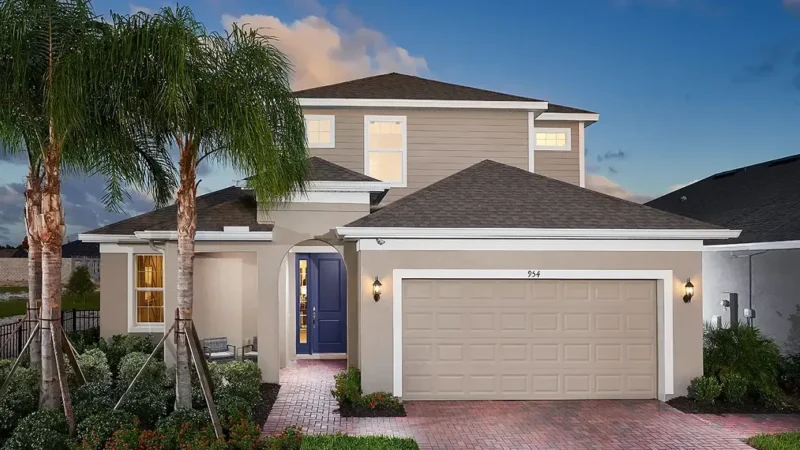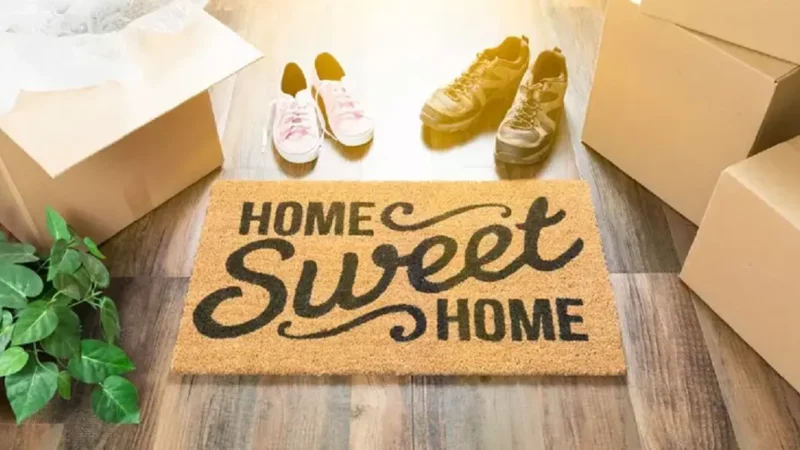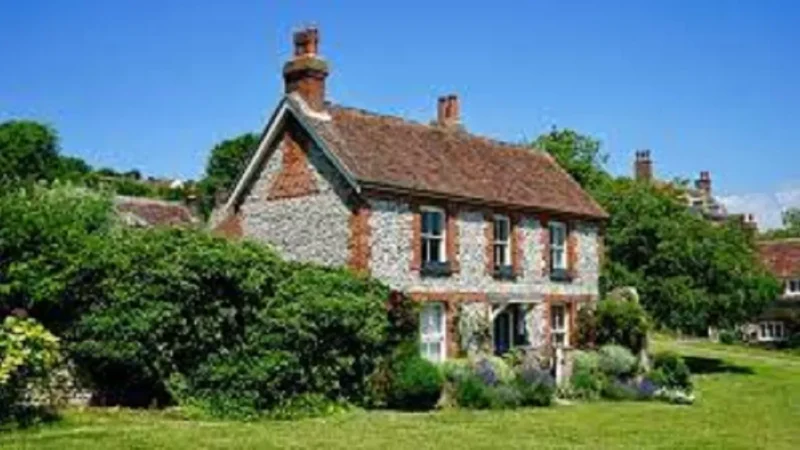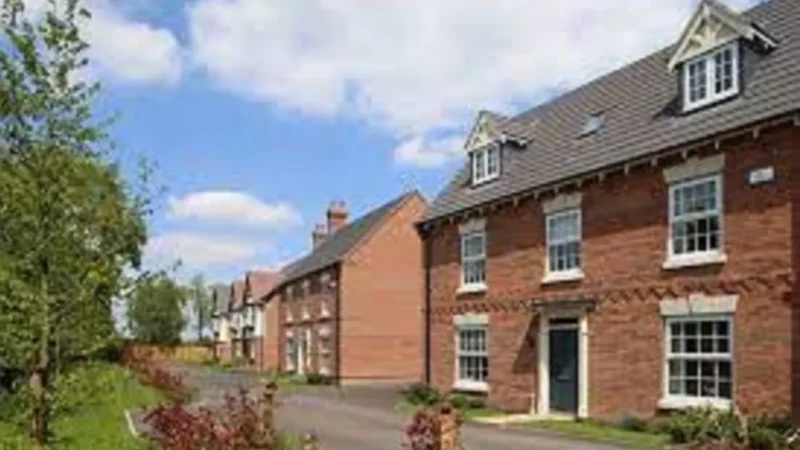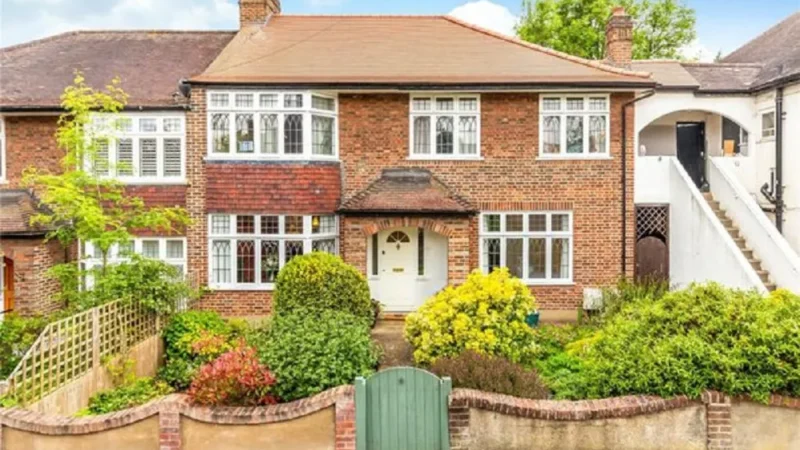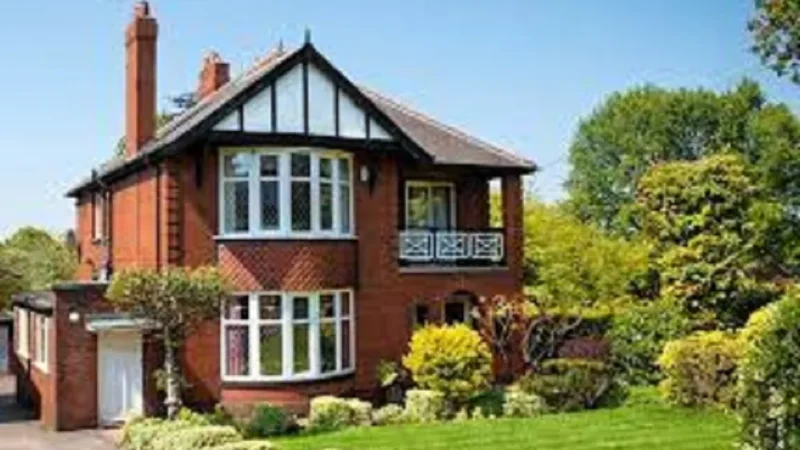Can I get a Mortgage with No Deposit?
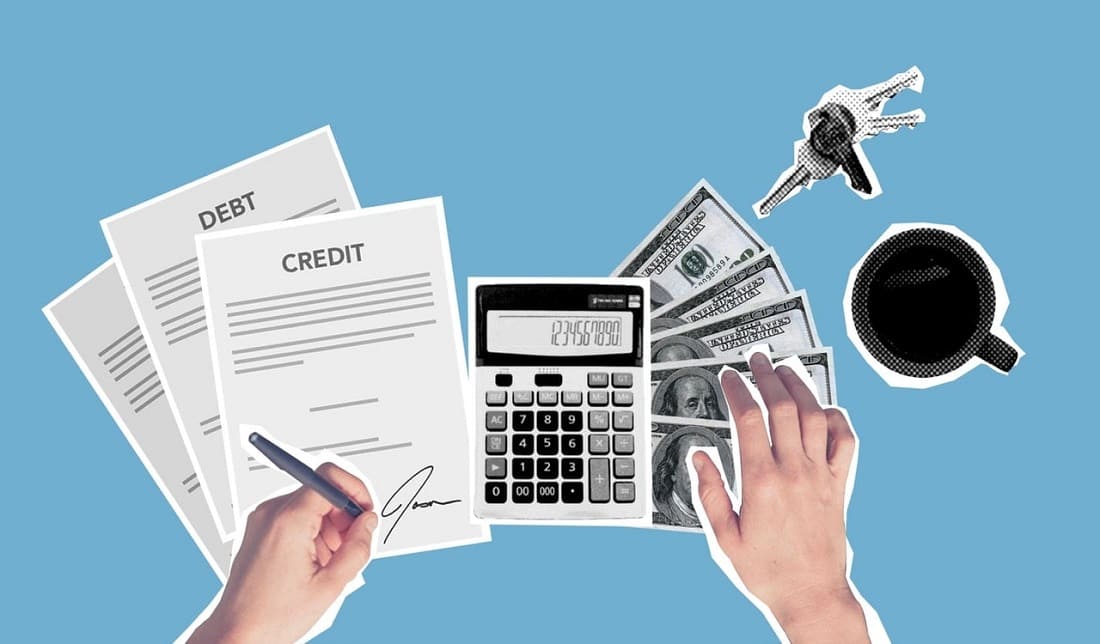
Table of Contents
ToggleHow To Get A Mortgage With 0 No Deposit
Gathering a sizable mortgage deposit is one of the most complex parts about getting onto the property ladder. So, if you’re struggling to save and balance your finances, it will come as a welcome surprise that you can get a mortgage without a deposit.
No-deposit mortgages, or 100% LTV mortgages, were fairly common before 2008’s financial crisis, after which high street banks stopped offering such deals. However, they – and similar alternatives – have reappeared on the market. In this article, we’ll review all the details and explain how to get a mortgage with no deposit.
What is a no-deposit mortgage?
A no-deposit mortgage, also known as a 100% loan-to-value (LTV) mortgage, is a type of mortgage that allows you to buy a home without having to put down any money upfront. This can be an excellent option for first-time homebuyers who have a small amount of savings saved up for a down payment.
How To Get A Mortgage With No Deposit
While securing a mortgage with no deposit (100% LTV) in the UK has become more challenging compared to the past, it’s still achievable with thorough planning and strategic manoeuvring.
- Understand the Current Landscape:
- Limited Availability: No-deposit mortgages are less readily available than before, primarily offered by smaller building societies and specialist lenders, not high-street banks.
Stricter Eligibility: Expect stricter requirements, including:
- Strong Credit Score:Aim for a high credit score to demonstrate responsible credit management.
- Affordability Checks:Lenders will meticulously assess your income and expenses to ensure repayment ability.
- Guarantor Requirement:Many no-deposit mortgages require a guarantor who assumes responsibility for repayments if you default.
- Explore Alternative Solutions:
- Government Schemes: Consider programs like the Help to Buy Equity Loan scheme offering deposit assistance for first-time buyers.
- Larger Deposit: Aiming for a 5% or 10% deposit unlocks more conventional mortgage options with better rates and terms.
- Prepare for Higher Costs:
- Interest Rates: Brace yourself for significantly higher interest rates than deposit-based mortgages.
- Loan Amount: The maximum loan amount for no-deposit mortgages is usually lower than regular mortgages.
- Additional Fees: Consider potential arrangement fees or other charges specific to no-deposit options.
- Take Actionable Steps:
- Improve Credit Score: Address any negative marks on your credit report and consider credit-building tools if needed.
- Maximize Income: Explore ways to increase your income or reduce expenses to demonstrate affordability.
- Find a Guarantor: Secure a guarantor with a strong financial standing willing to back your mortgage.
- Shop Around: Compare offerings from various lenders, focusing on those specializing in no-deposit mortgages.
- Seek Professional Advice: Consult a mortgage broker or financial advisor for personalized guidance and support.
How do 0 deposit mortgages work?
0 deposit mortgages, or 100% Loan-to-Value (LTV) mortgages, let you buy a house without putting any money down upfront. Here’s the lowdown:
The Deal: Borrow the entire purchase price from the lender. Sounds good, right?
The Catch: Lenders take on more risk, so they:
- Charge higher interest rates: Expect to pay more each month compared to regular mortgages.
- Set stricter requirements: Good credit score, solid income, and sometimes a guarantor (someone who backs your loan if you default) are crucial.
- Limit loan amounts: You might not be able to borrow as much as with traditional mortgages
Who are zero deposit mortgages for?
While zero-deposit mortgages offer the appeal of homeownership without a down payment, they are only ideal for some. Here’s who they might be suitable for:
- Individuals with limited savings: If you have yet to be able to save up a substantial down payment due to various reasons, a zero-deposit mortgage can offer a path to homeownership sooner.
- Strong creditworthiness: Remember, these mortgages come with stricter eligibility criteria. You’ll need a good credit score to demonstrate responsible financial management.
- Stable income and affordability: Lenders will meticulously assess your income and expenses to ensure you can comfortably handle the higher monthly payments and potential private mortgage insurance associated with these loans.
- Potential guarantor access: Many zero deposit mortgages require a guarantor who agrees to take responsibility for your loan if you default. This might be an option if you have a close friend or family member with strong financial standing willing to support you.
- Acceptance of higher costs: Be prepared for significantly higher interest rates and potentially lower loan amounts than traditional mortgages. Weigh the long-term financial implications carefully.
Alternatives to no-deposit mortgages
No-deposit mortgages can be tempting for those struggling to save up a down payment, but they come with higher interest rates and stricter eligibility requirements. Considering a no-deposit mortgage, it’s important to weigh the pros and cons carefully and explore your options. Here are some alternatives to no-deposit mortgages that you may want to consider:
- Save for a larger down payment: Even a small down payment of 5% or 10% can significantly affect your interest rate and the amount of money you have to borrow. This can save you thousands of dollars over the life of your loan.
- Look for government assistance programs: Several government programs are available that can help first-time homebuyers with down payments and closing costs. For example, the Federal Housing Administration (FHA) offers loans with down payments as low as 3.5%.
- Get a cosigner: If you default, a cosigner agrees to be responsible for your loan. This can help you qualify for a better interest rate or loan terms, but it’s important to choose a cosigner carefully and make sure they understand the risks involved.
- Rent-to-own: Rent-to-own arrangements can be a good option for people who want to buy a home eventually but are still deciding whether to commit to a traditional mortgage. With a rent-to-own arrangement, you make rent payments towards the home’s purchase price, and you can buy the home at the end of the lease term.
- USDA loans: USDA loans are available to borrowers in rural areas and offer low interest rates and no down payment required. However, USDA loans have income limits, and you must live in the home you purchase for at least three years.
Can I get a zero deposit mortgage?
Qualifying for a zero deposit mortgage hinges on your individual situation and financial standing. The availability of no-deposit mortgages diminished initially due to perceived risks, a stance still upheld by most lenders.
To secure such a mortgage, a key requirement is maintaining an excellent credit score. This is crucial to demonstrate a low likelihood of defaulting on the loan by consistently meeting monthly repayment obligations.
Pros of 100% mortgages
- Faster entry into the housing market: This is probably the biggest selling point for many. By eliminating the need for a down payment, you can become a homeowner sooner, potentially before property prices rise further. This can be especially advantageous in a competitive housing market where fast action is crucial.
- Start building equity immediately: Even though your initial loan amount is higher, you still own a portion of the property from day one. As you make your monthly payments, you gradually build equity in the home, which can be a valuable asset in the future.
- May be suitable for those with limited savings: If building a substantial down payment seems out of reach due to various reasons, a 100% mortgage can offer a path to homeownership that wouldn’t be possible otherwise.
- Potential government assistance: Depending on your location and eligibility, government programs might exist to support first-time homebuyers with no-deposit mortgages, offering lower interest rates or other benefits.
Cons of 100% mortgages
- Interest Rates: Brace yourself for significantly higher interest rates than mortgages with down payments. This translates to paying much more in interest over the life of the loan, potentially tens of thousands of dollars depending on the loan amount and term.
- Additional Fees: Some lenders might charge arrangement fees or other charges specifically for no-deposit mortgages, further adding to your financial burden.
- Credit Score: Expect rigorous scrutiny of your credit score and history. You’ll typically need a strong score to demonstrate responsible financial management.
- Income and Affordability: Lenders will meticulously assess your income and expenses to ensure you can comfortably handle the higher monthly payments associated with a no-deposit mortgage. This can limit who qualifies.
- Guarantor Requirement: Many no-deposit mortgages require a guarantor, someone who agrees to take responsibility for your loan if you default. This requirement adds pressure and potential strain on your personal relationships.
Consider a 95% Mortgage
It’s a type of mortgage where you borrow 95% of the property’s value from the lender, requiring only a 5% down payment on your behalf. This makes it easier to enter the housing market without needing a substantial down payment saved up.
- Lower Down Payment: Compared to traditional mortgages requiring 20% down, a 5% down payment is more achievable for many individuals.
- Wider Lender Options: More lenders offer 95% mortgages, leading to better chances of finding competitive rates and terms.
- Potentially Lower Rates: While higher than larger down payment mortgages, 95% mortgage rates might still be lower than 100% (no-deposit) options.
- Equity Building: Like any mortgage, you begin building equity in the property from the start, gradually increasing your ownership stake.
What is the minimum amount you can get a mortgage for UK?
In the UK, the minimum amount you can get a mortgage for varies:
- Generally, most lenders set a minimum threshold between £20,000 and £50,000. This can depend on the specific lender, the type of property, and your individual circumstances.
- For smaller mortgage amounts, you might have fewer options and potentially face higher interest rates. Specialized lenders or building societies might cater to smaller mortgages, but be prepared for stricter eligibility criteria.
-Remember, the minimum amount isn’t just about what lenders offer. Consider the ongoing costs of owning a property, including:
-Monthly mortgage payments (including potential PMI if applicable)
-Property taxes (council tax)
-Utilities (gas, electricity, water)
-Maintenance and repairs
- Ensure you can comfortably afford the total cost of ownership, not just the minimum mortgage amount.
We are accredited with some of the top Mortgage brokers in UK so that we can provide a solution for your finance needs. Mortgage advisory services are generally free. If you require an expert mortgage broker, then be sure to reach out to us. Click the button

